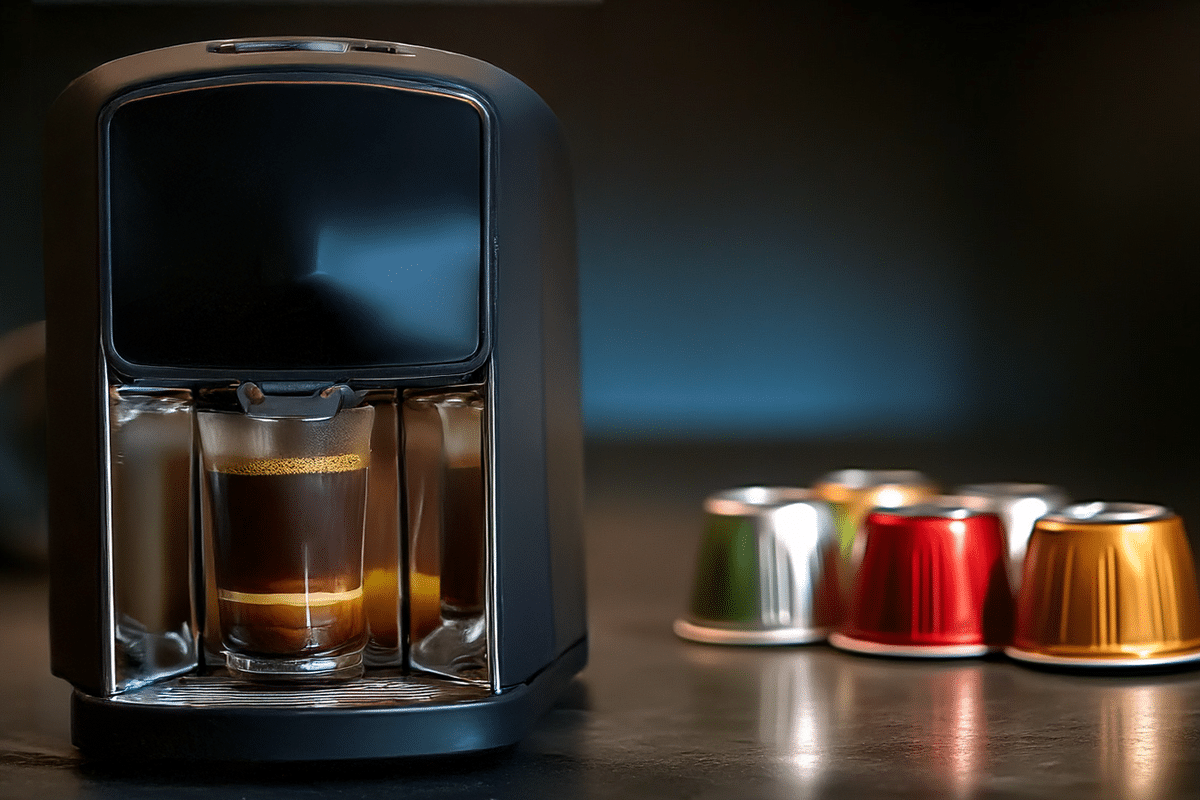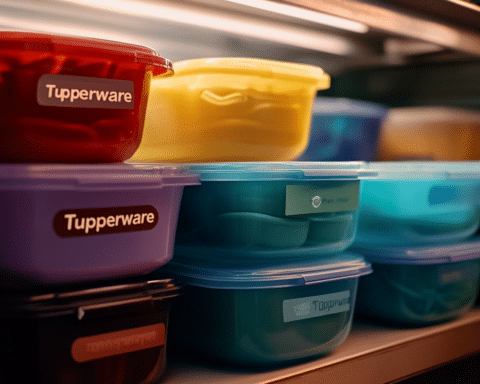Keurig Dr Pepper is facing charges from the Securities and Exchange Commission (SEC) for making misleading claims about the recyclability of its K-Cup coffee pods. The SEC’s investigation found that the company had inaccurately communicated the environmental impact of its single-use pods, leading to concerns about the veracity of its recycling claims. Under the settlement terms, Keurig will pay a $1.5 million civil penalty, while not admitting or denying the findings.
For more than a decade, Keurig has faced scrutiny over the environmental impact of its disposable K-Cups. The issue has become increasingly important as consumers grow more conscious of their carbon footprints. In fact, the inventor of the K-Cup expressed regret over the waste generated by the product, a sentiment echoed by many environmental advocates.
In 2018, Keurig faced a $10 million class-action lawsuit over claims that the pods were recyclable. The lawsuit was settled, and by the end of 2020, the company announced that its K-Cups had become fully recyclable. However, according to the SEC, before reaching that point, Keurig had already informed investors in its 2019 and 2020 annual reports that the pods could be recycled. This claim was based on testing with recycling facilities, which Keurig said supported the recyclability of its products.
However, the SEC found that Keurig did not fully disclose critical information regarding these claims. Two of the biggest recycling centers in the United States had informed the company that they did not plan to accept the K-Cup pods and had significant concerns about the financial viability of curbside recycling programs for the product. This failure to provide complete information misled both consumers and investors about the environmental impact of the K-Cups.
Keurig’s claims about the recyclability of its pods likely swayed consumer behavior. Research conducted by a Keurig subsidiary found that environmental considerations were a significant factor in consumers’ purchasing decisions when choosing a coffee machine. By suggesting that K-Cups could be recycled, Keurig may have influenced consumers who were looking for environmentally friendly options.
The K-Cup pods and Keurig brewers continue to be major contributors to the company’s revenue. In Keurig’s fiscal second quarter, the sale of these products accounted for nearly a quarter of its earnings, highlighting the importance of the pods to the company’s overall business.
Despite the charges, Keurig remains committed to addressing environmental concerns related to its products. The company maintains that its K-Cup pods are made from recyclable polypropylene plastic, a material accepted in many curbside recycling programs across North America. However, the company also acknowledges that K-Cups are not recyclable in all communities and encourages consumers to check their local recycling guidelines. Keurig continues to support efforts to improve recycling systems through collaboration and policy initiatives.
While the settlement brings an end to this particular investigation, the case highlights the growing importance of transparency in corporate environmental claims as consumers demand more sustainable products.





